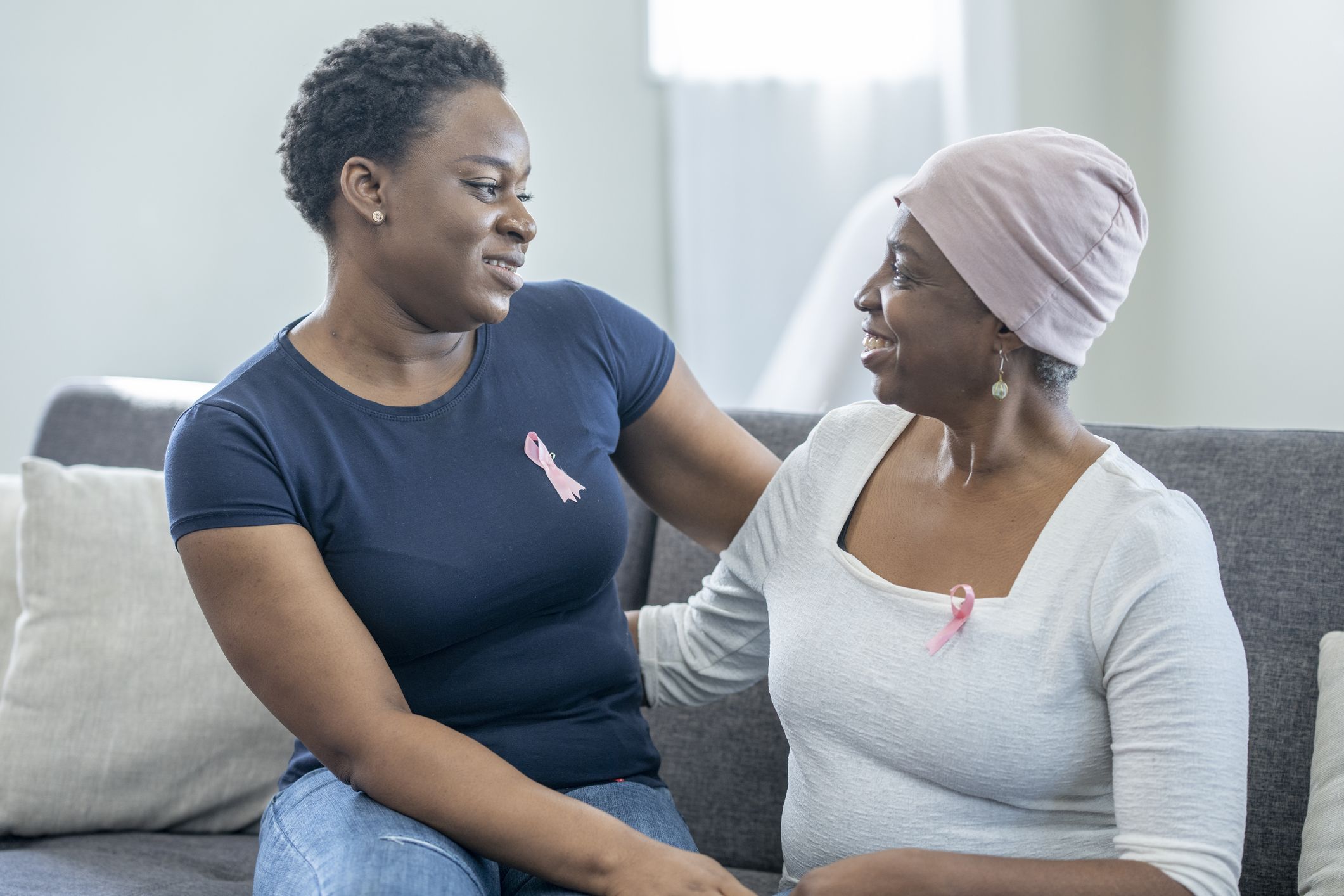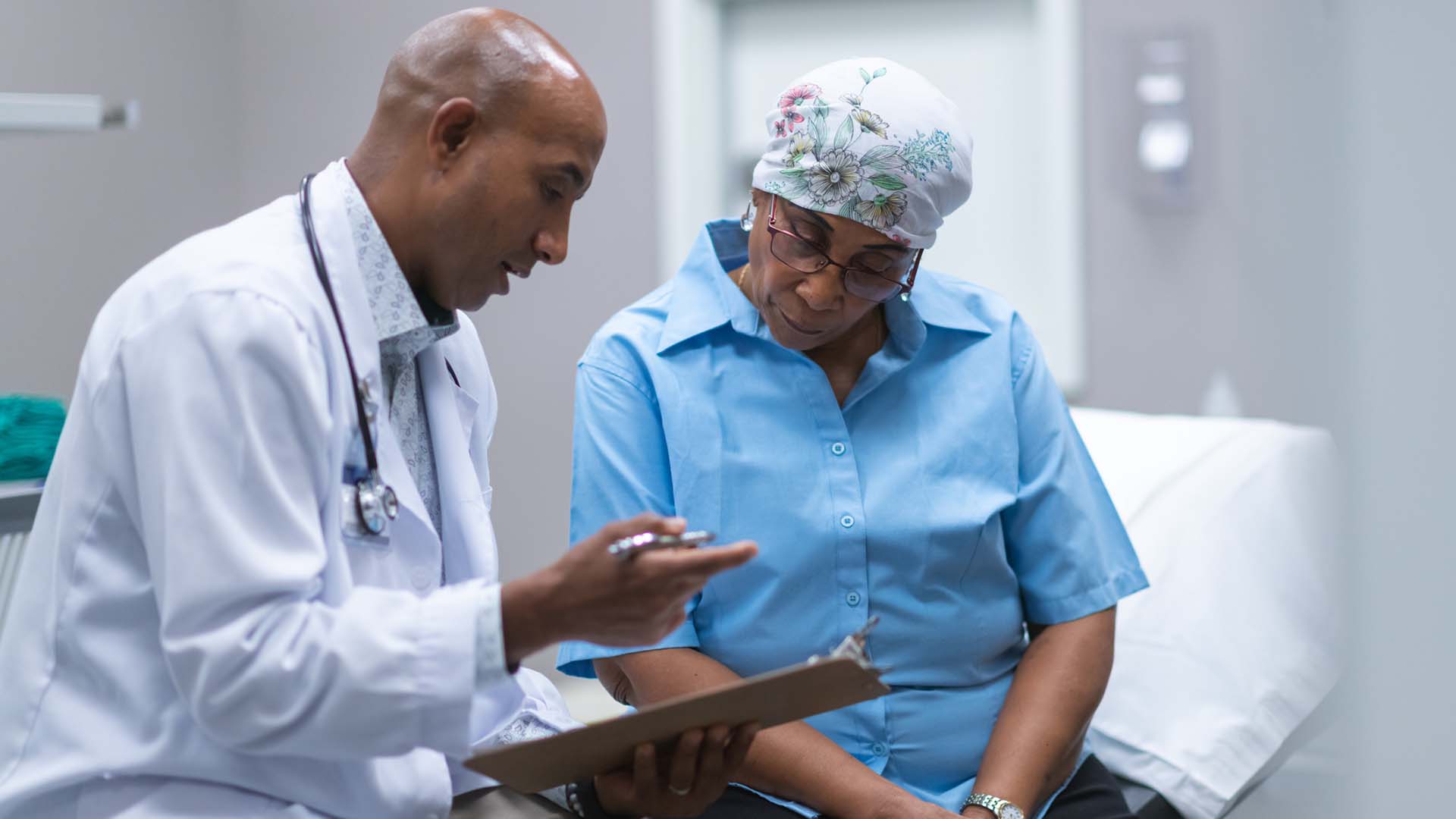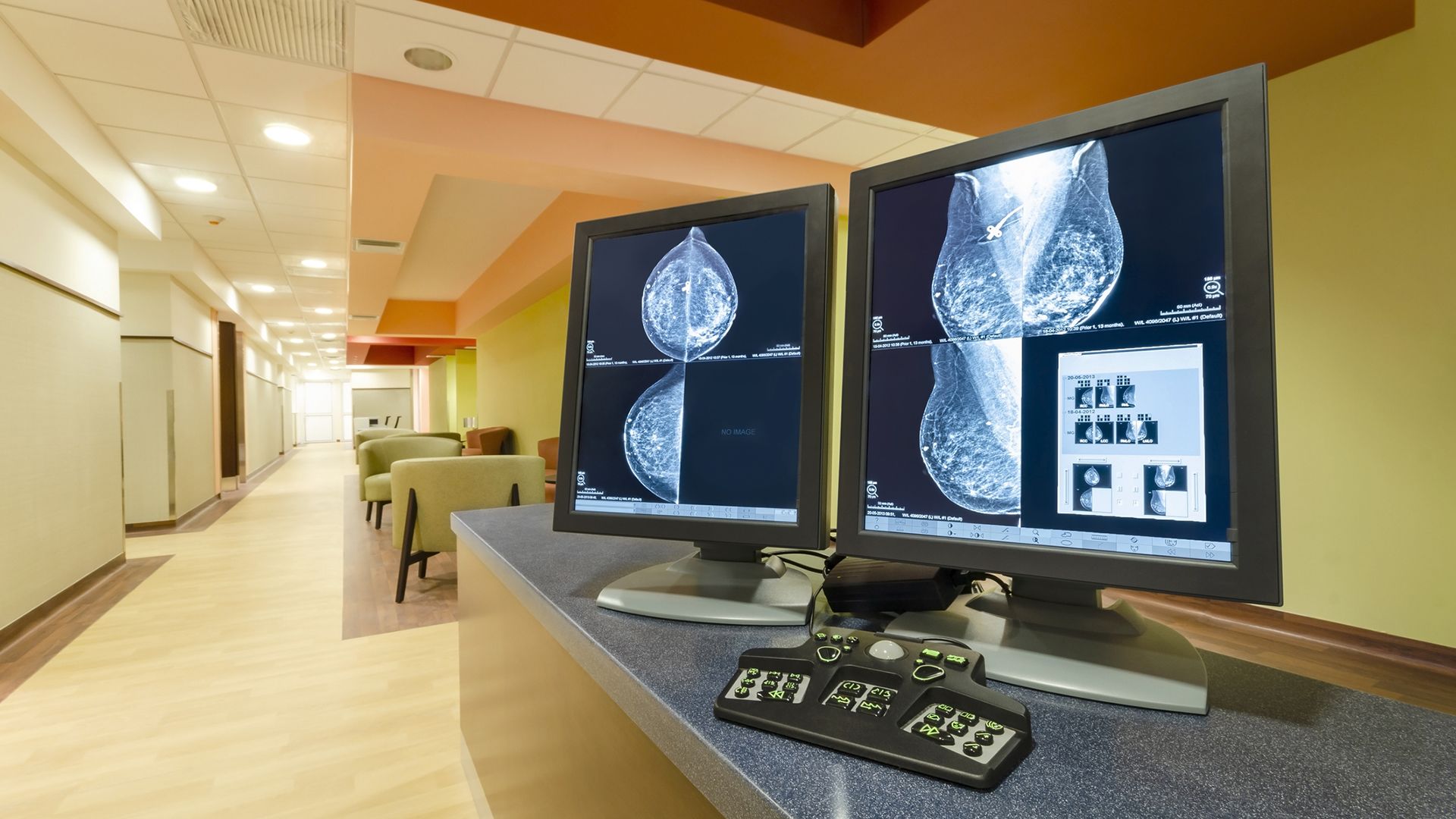Updated on October 25, 2024
In this video, Deltra shares her experiences living with metastatic breast cancer, including the story of her diagnosis, the barriers to treatment she—and many others—have faced, and why she values having a woman of color as her oncologist.

Transcript
Too many of us who are quite young get told to wait and watch. And then, boom, we're diagnosed at this much-later stage.
Metastatic breast cancer was nowhere on my radar. My very first symptom was in the form of a lump
in my left breast, which I discovered myself. In my case, I had a doctor who, although they weren't
too concerned, I wasn't too concerned, they went ahead and said, you know what, let's just schedule you an ultrasound just for peace
of mind. Neither of us thought it was anything. [MUSIC PLAYING] When I received the cancer diagnosis,
I was very shocked, hearing you have metastatic cancer, incurable cancer.
That was certainly a lot to take in. I really value having a team of women that personally
makes me more comfortable. I personally have an oncologist who is female
and a woman of color, and I don't question how much she sees me as a person because of that.
I do a lot of advocacy work. Our health care providers need to become really aware of our community and its needs
so that they can anticipate their patients' needs. But I also feel that, more often than not,
our needs are just not getting met. We're just trying to stay alive and thrive. My own personal barriers had to do with like childcare
and transportation. In my general community and people of color, that's-- those are pretty common.
It can be really challenging when you get in a room full of people who are professionals, but nobody is the expert in your body.
And so if you are feeling something, you have to say something, and you have to keep saying it until you are heard.
That's really important and what will save our lives. [AUDIO LOGO]




